To attract more clients and expand their business, brokers cooperate with Introducing Broker (IB) and White Label (WL). Here are the differences between the two.
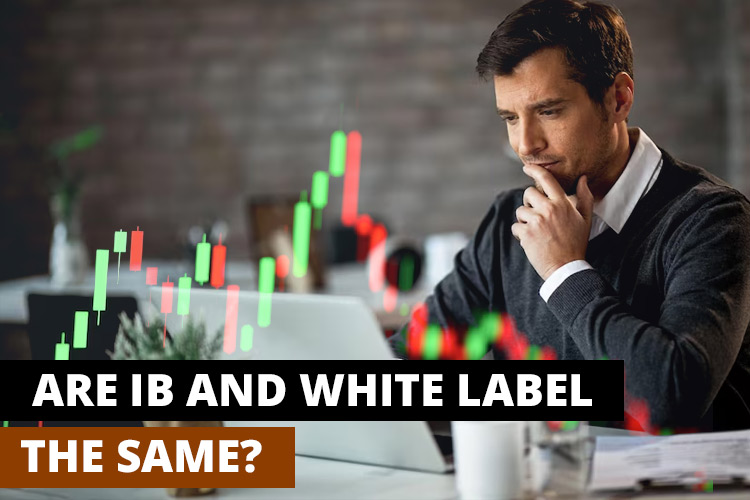
Reaching out to clients is one of the biggest challenges for forex brokers as they always want to grow and get more profit. Do you know that most brokers also work with a third party to get more clients and expand their business?
There are two agents that brokers usually use:
- Introducing Broker (IB): A separate third party that aims to introduce the broker's services to new clients with rewarding commissions.
- White Label (WL): A business arrangement where a company has an exclusive partnership with a forex broker to use their trading platform and technology to offer trading services under the company's own brand.
Both options can also expand the broker's customer base more effectively and boost its revenue in a shorter time with less effort. What else can you learn about the differences between the two of them?
Introducing Broker (IB)
Introducing Broker (IB) has the most straightforward cooperation system between brokers and third parties. The aim is to introduce the broker's services to new clients, and, in return, the third parties get rewarded for each client they bring. IB is the face that meets the clients and guides them to the Main Broker.
Their rewards can come in two ways:
- Fixed fee returns for every client brought by the IB, different types of accounts,s and the amount of the first deposit from the client can generate different fees.
- Spread sharing or a percentage-based amount relating to every transaction the client makes with the broker.
Many IBs are one-person operations, while others are much larger legal companies. The process of becoming an IB is relatively straightforward. First, get a license by fulfilling all the requirements in the Introducing Broker Agreement and submit it to the brokerage firm or the commission merchant.
Usually, for individual IBs, they will have to be already affiliated with a broker company before they apply. For example, in the US, an applicant must be registered as an FCM, CTA, or IB with the NFA (National Future Association) to work as an IB.
Once approved, an IB will receive an ID, reference link, and promotion materials. If a country does not require an IB to have a license, then an applicant will still need to submit proof that they can work as an IB, typically in the form of a Letter of Compliance from a lawyer.
To do their role, IBs could gather clients by partnering and cooperating with successful traders, money managers, investment advisors, financial website owners, and other sites generating high traffics.
And then, to refer clients to brokers, there are many ways that IBs can use, such as email marketing campaigns, social media promotions, advertising the broker's banner ads on the IB's website, and so on.
Some brokers will give their affiliated IB a unique link to track new clients and access a particular area, allowing the IB to download promotional materials to start targeting clients. When a client opens a trading account with the broker via the IB's reference link, the IB will be rewarded according to the agreement or contract.
Sometimes, traders experience difficulties trading with international brokers as each country has different legal regulations and rules. But in this case, IB can be a good choice of "middleman" and provide a few advantages such as:
1. The Useful Guide
IBs get to connect traders and brokers regardless of their nationality and location. Without them, local traders often struggle with international brokers because of the language barrier, different payment methods, and others. Especially for beginner traders, using IB services can be very helpful.
2. The Voice of Reason
To become an IB, one must fulfill the basic requirements and receive a license to operate. Most IBs also partner only with brokers under legal regulators, so traders can do their trading activities and transactions securely. In other words, traders can use IBs to eliminate unregulated brokers suspicious of scamming and prone to bankruptcy.
3. The Host of Extra Bonuses
To get more attention from new clients, IBs often offer promos and gifts in exchange for the trader's commitment to trading with them. This kind of service can hardly be found in most brokers, so many traders are more interested in checking out IBs offers before choosing the Main Broker to trade with.
4. The Expert Help
Beginners usually still have limited information about forex trading activities and how to choose the right broker. In this case, many IBs support consultation and expert help to provide the information for traders. As the middle ground between traders and brokers, IBs educate traders about the forex trading industry. To do this, they could provide a complete explanation or directly answer clients' questions about trading.
5. Customer Support
IBs sometimes also dabble as customer support for brokers' clients. They are responsible for accompanying and guiding clients when doing trading activities. Not only that, IBs also accept complaints and questions regarding the trading conditions of the broker.
Oftentimes, clients encounter problems such as slow execution, frozen chart, system error, failed transactions, etc. Using an IB makes it easier for the client to file a report of these kinds of problems and get a fast response afterward.
White Label (WL)
White Label (WL) has a different aim and a more complicated system than IB. WL has its own forex brokerage that uses its brand rather than only referring clients to the Main Broker. Forex WL business cooperates with an existing forex brokerage firm based on an agreement with the brokerage to get access to the broker's trading platform and liquidity under their own unique brand.
Essentially, WL works the same way as IB, but usually, WL gets more facilities from the Main Broker. They are allowed to put their logo on the trading platform, determine the amount of spread, and manage their clients. Rather than act as a bridge between clients and brokers, WL has its own clients and only cooperates with brokers to use its services.
Apart from the earnings from the contract with the Main Broker, WLs also earn from their clients' trading volume, so they function similarly to a regular brokerage.
Generally speaking, WL operates on a totally different level than IBs. A White Label brokerage is a complete operational setup with its own risk management, PSPs, customer support, etc. Still, a WL must partner with the Main Broker as the technology provider that supplies the trading platform and back-office support to operate fully.
There are two types of WL based on the services provided:
- Full WL mainly has two key components, a branded trading platform and the ability to take deposits directly from customers. A full WL, therefore, can also able to do payment and withdrawals from clients as well as manage clients' accounts.
- Limited WL also includes the rebranded platform, but can't take customer deposits. So, "limited" does not mean less profit or free ride in the branded forex train, but it can only offer limited facilities and services as compared to Full WL.
Things that Full and Limited WL does not provide:
- Currency pair trading symbols.
- Market opening and closing hours.
- Anything related to the computer security system.
Conclusion
Based on their goals, Introducing Broker and White Label are similar; for better understanding about their differences, check out this table below:
| Broker Partnership | Model | Aims | Promotional | Rewards/Earnings |
| Introducing Brokers | cooperation system between brokers and third parties | introduce the broker's services to new clients | ✔️ |
|
| White Labels | a brokerage that uses its own brand | offering access to the broker's trading platform and liquidity under their unique brand | ✔️ | Earn from their clients' trading volumes. |
You can use IBs offers as a filter to choose a good forex broker since most brokers are affiliated with many IBs. Meanwhile, WLs are at least experienced in attracting and maintaining a good partnership with third parties, as well as managing and satisfying their clients' needs.
Another easy way to pick a reliable, good broker would be to adjust the specifications to your need. For that particular reason, we create the broker finder to help you customize your trading needs and discover the brokers that fit your standard.

 Dedicated FREE FOREX VPS
Dedicated FREE FOREX VPS Free FOREX Virtual Private Server
Free FOREX Virtual Private Server MT4 Demo Contest, Get $500
MT4 Demo Contest, Get $500 Sign Up for an Account, Claim 60% Deposit Bonus
Sign Up for an Account, Claim 60% Deposit Bonus Free MT4/MT5 VPS 2024
Free MT4/MT5 VPS 2024 Send E-mail and Get Free Merchandise
Send E-mail and Get Free Merchandise $1K Refer a Friend Bonus for Pepperstone Pro clients
$1K Refer a Friend Bonus for Pepperstone Pro clients Maximize Your Earnings with 100% Deposit bonus
Maximize Your Earnings with 100% Deposit bonus Trade to Win, $5,000 Monthly Demo Contest
Trade to Win, $5,000 Monthly Demo Contest Claim 30% + 15% Deposit Bonus from LiteFinance
Claim 30% + 15% Deposit Bonus from LiteFinance
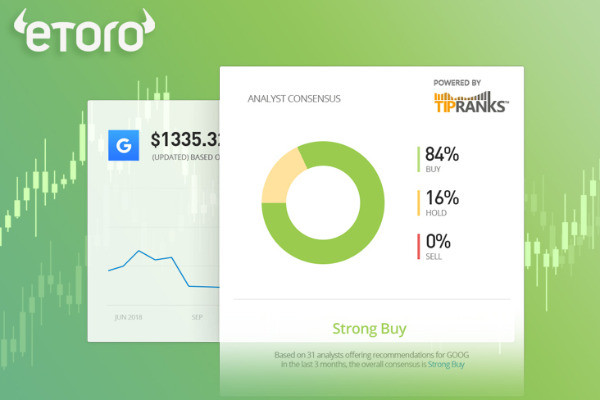

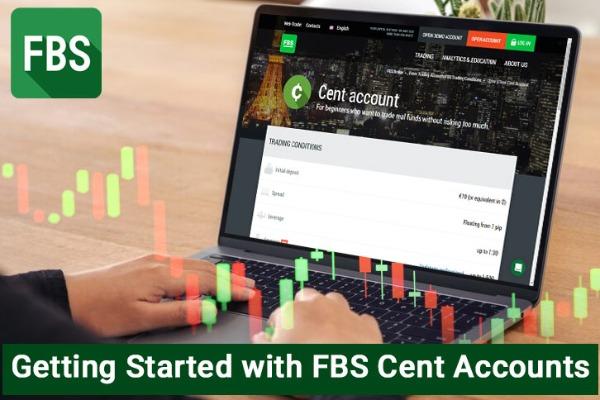
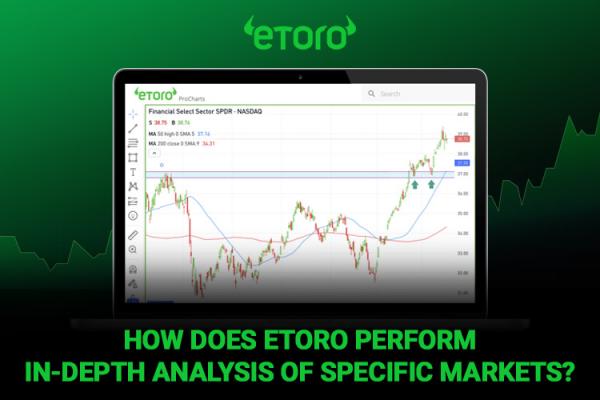
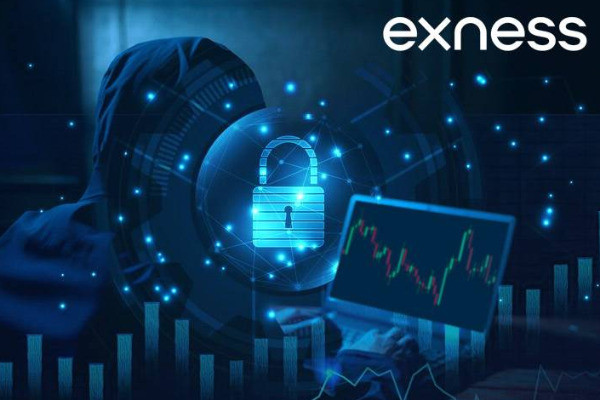


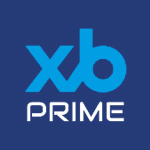
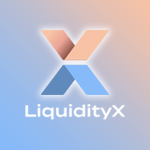


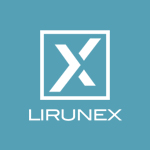
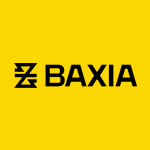







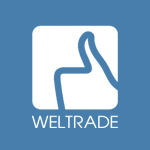

2 Comments
Anton
Jan 29 2024
As stated in the article, individuals or larger legal entities can easily become Introducing Brokers (IBs). The procedure is generally straightforward. To qualify as an IB, you must acquire a license by satisfying the criteria specified in the Introducing Broker Agreement. After meeting these requirements, you can then submit your agreement to the brokerage firm or commission merchant. In summary, becoming an IB appears to be a promising avenue for diversifying income. Appreciate the insights provided on this matter!
Jurgen
Feb 2 2024
So, the article talks about this cool thing – becoming an Introducing Broker (IB). And get this, it's not just for big companies, even solo players can jump in. The process is a piece of cake. All you need is to snag a license by ticking off the checklist in the Introducing Broker Agreement. This document spells out the rules for wannabe IBs.
Once you've nailed the criteria, you just shoot your agreement over to the brokerage firm or commission merchant. Boom, you're in! Being an IB means you're the middleman between clients and the brokerage world, giving you a sweet chance to mix things up and add some extra cash to your pockets. If you've got a knack for the financial scene and a crew of potential clients, it's a golden opportunity. Big thanks for breaking down this promising gig!